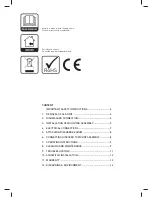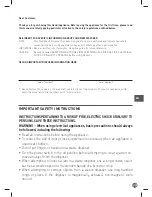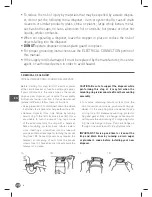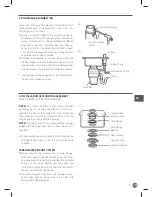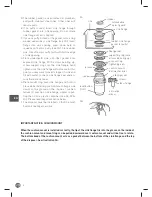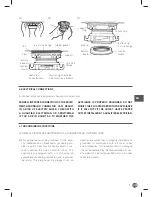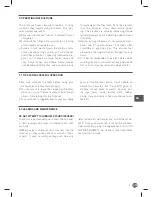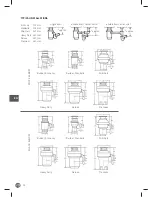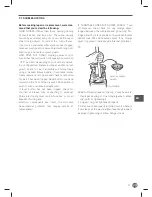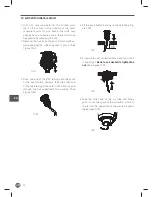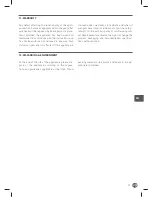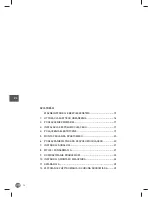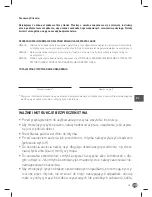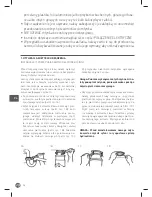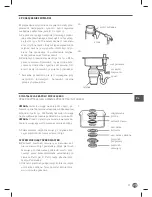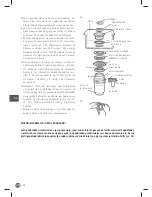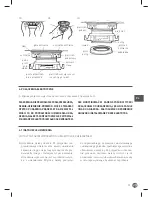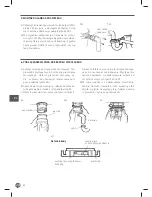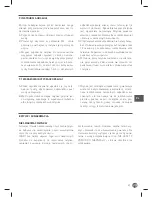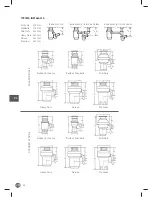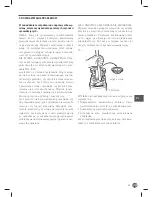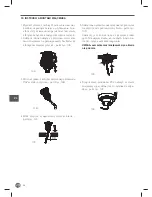
9
EN
7. OPERATING INSTRUCTIONS
The Anti-Jam Swivel Impellers make a clicking
sound as they initially swing into place. This indi-
cates normal operation.
A. Remove sink stopper. Turn on a medium fl ow of
cold water.
B. Turn switch to ON position; your motor is turning
at full speed and ready to use.
C. Scrape in food waste. Down the drain go table
scraps, peelings, rinds, seeds, pits, small bones
and coffee grounds. To speed up food waste dis-
posal, cut or break up large bones, rinds and
cobs. Large bones and fi brous waste require
considerable grinding time and are more easily
thrown away with other trash. Do not be alarmed
that the disposer slows down while grind-
ing. The disposer is actually increasing torque
(grinding power) and is operating under normal
conditions.
D. Before turning disposer off, let water and dis-
poser run for approximately 15 seconds after
shredding or grinding stops. This assures that
all waste is thoroughly fl ushed through trap and
drain.
E. It is not recommended to use hot water while
running disposer. Cold water will keep waste and
fats solid so disposer can fl ush away particles.
7.1 TIPS FOR SUCCESSFUL OPERATION
A. Be sure disposer is empty before using your
dishwasher so it may drain properly.
B. You may want to leave the stopper in the drain
when not in use to prevent utensils and foreign
objects from falling into the disposer.
C. Your disposer is ruggedly built to give you many
years of trouble free service. It will handle all
normal food wastes, but it will NOT grind or
dispose of such items as plastic, tin cans, bot-
tle caps, glass, china, leather, cloth, rubber,
string, clam and oyster shells, aluminum foil or
feathers.
8. CLEANING AND MAINTENANCE
DO NOT ATTEMPT TO LUBRICATE YOUR DISPOSER!
The motor is permanently lubricated. The disposer
is self cleaning and scours its internal parts with
each use.
NEVER put lye or chemical drain cleaners into the
disposer, as they cause serious corrosion of met-
al parts. If used, resulting damage can be easily
detected and all warranties are void. Mineral de-
posits from your water can form on the stainless
steel turntable, giving the appearance of rust. DO
NOT BE ALARMED, the stainless steel turntables
used will not corrode.


